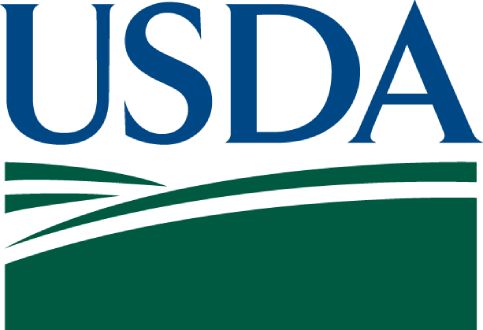Empirical Bayes Shrinkage Estimates of State Supplemental Nutrition Assistance Program Participation Rates in Fiscal Year 2015 to Fiscal Year 2017 for All Eligible People and Working Poor People
Using Microsimulation in Supplemental Nutrition Assistance Program (SNAP) Policy Analysis
Prepared for:
U.S. Department of Agriculture, Food and Nutrition Service

This report presents estimates that measure the need for SNAP and the program’s effectiveness at reaching its target population in each state for fiscal years 2015 to 2017. Need for the program is measured by estimated numbers of people eligible for SNAP. The program’s performance is measured by estimated SNAP participation rates. In addition to estimates that pertain to all eligible people, we derived estimates for “working poor” people, that is, people who were eligible for SNAP and lived in households in which someone earned income from a job.
How do you apply evidence?
Take our quick four-question survey to help us curate evidence and insights that serve you.
Take our survey
